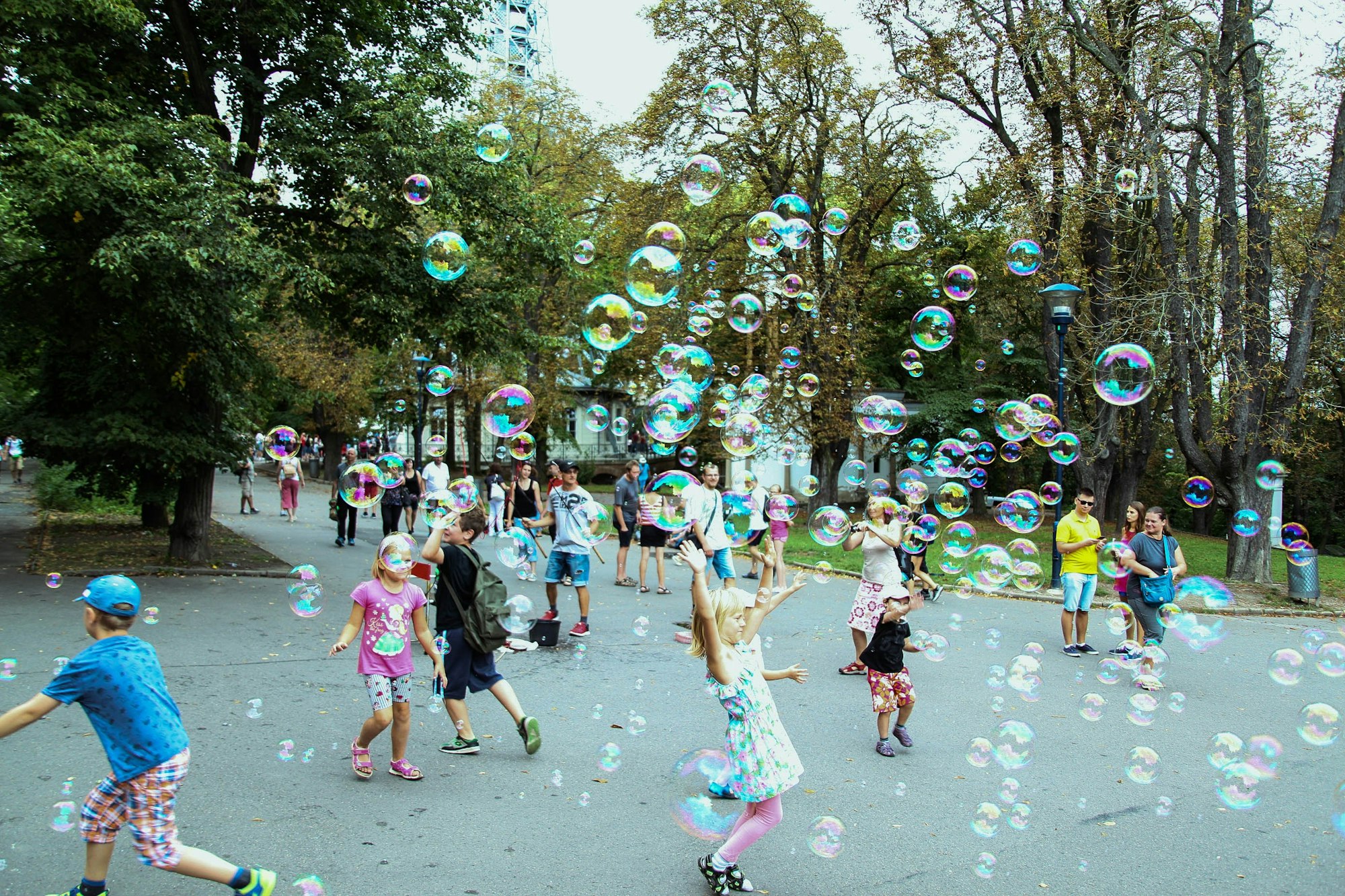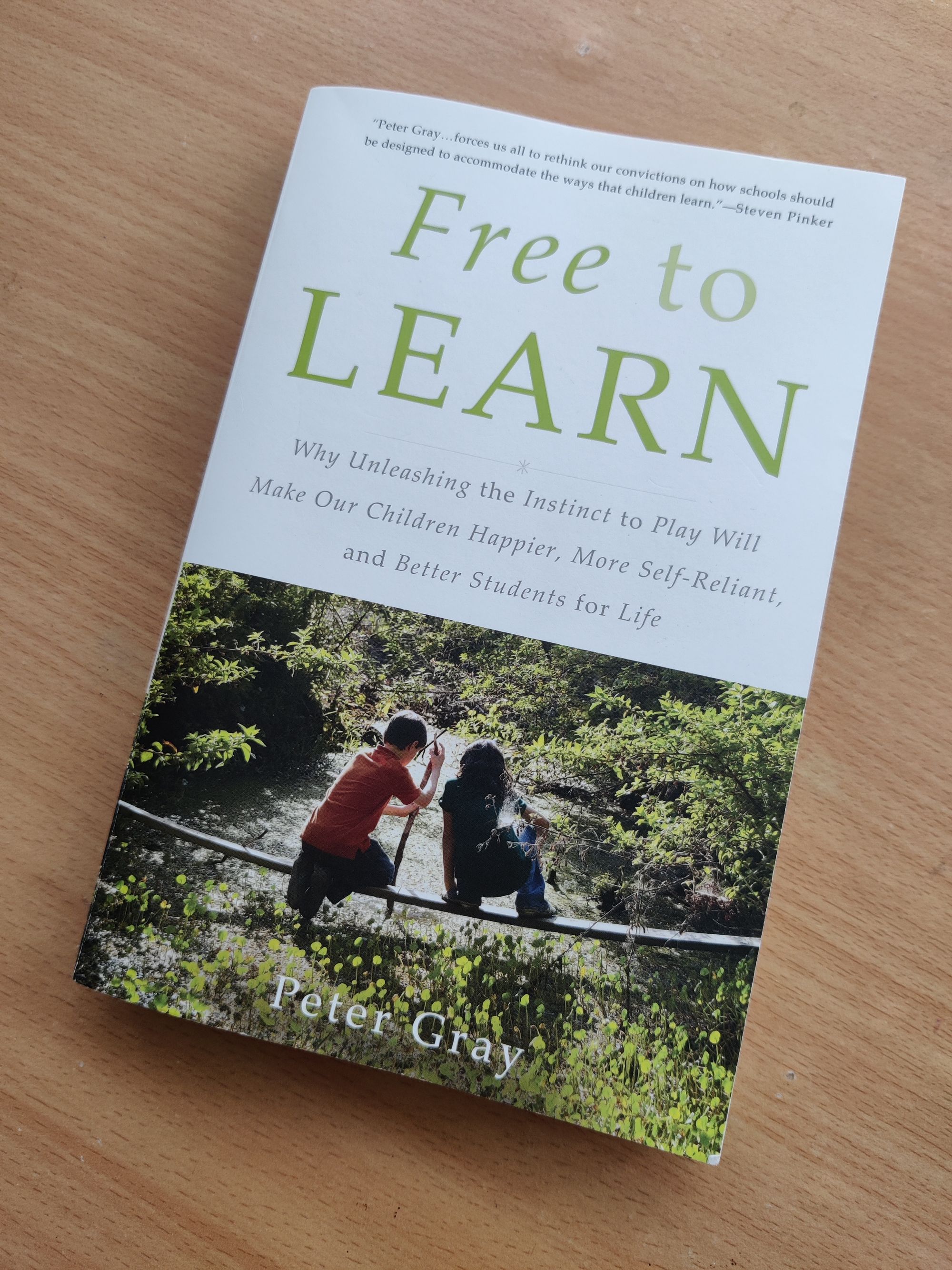How to nurture happier, better learners for life
Sharing my takeaways from Free to Learn, a book by developmental psychologist Peter Gray

Reflection on Peter Gray's book, titled Free to Learn. This article relays my understanding of the book, and may not portray accurately the author's thoughts. So I'd recommend you to get a copy and feel his passion for yourself!
How did we ended up following a curriculum-based, graduate-by-year education system?
The author began by sharing how hunter-gatherer communities lived and educated themselves, mentioning 3 core values we used to hold: autonomy, sharing, and equality. Due to the nomadic culture and reliance on mother nature for resources, these core values are practised to ensure everyone in the tribe plays their role and contribute to each other's survival. Sharing is a duty, and while not everyone has the same skillset, each and every member of the tribe are treated as equal. Sense of autonomy is also very strong among the community that they don't even tell their kids what to do, as every person has their free will on how to live, learn, and be part of the community. Kids then got to learn their role in the community through imitation and free play, by observing, trying, adapting, innovating, and finding what they excel in, enabling them to determine their passion and purpose in their tribe.
The author then dug into the origins of the education system, the one we currently are familiar with, by looking way back into history, going back to the start of the agricultural revolution. He talked about how not being nomadic and not relying on mother nature for resources made us more competitive as humans, and this was the beginning of competitiveness as a value in humanity.
Agriculture seemed to have kickstarted the age of selfish humans. Hmmm...
In addition, the need to have land for plantations means the more land you own the better. That made people protective of their own resources, which will lead to some people owning more than others, and later to power plays as a human culture. With that also comes the need to ensure children are able to succeed and maintain (if not multiply) the property owned by the family, which means the need to obey and follow the tried-and-tested methods of agriculture.
Basically, fast forwarded conclusion I got was - the rise of agriculture led to children being needed to be "domesticated", hence the current factory-like churning of "graduates", and also the fall of free-play.

Is there a school unlike any concept of school that we know of?
Gray then shared about a fully democratic school, where kids of all ages have time and space to explore and play among themselves, utilising equipment available in school, and given trust to explore responsibly the outside world, with constant access to caring adults. The school is an immersion of a democratic community, similar to the hunter-gatherer bands. The author shared this based on his own experience with it, where even he had to unlearn what education can be.
There is no curriculum, no classes running at set schedules, no exams! Learners graduate when they think they are ready for "adulthood" and society, and they are expected to prove why and how they are ready for it to a panel of independent reviewers. In short, they trust kids to self-educate.
To any visitors, the school looks like it is constantly on recess!
What I like about the sound of this school is the freedom to find your passion, practice of embracing failures, ability to find your "tribe", enabling self-paced play and learning to happen naturally, allowing the nurturing of independence early on in life for their learners, and trusting that every child has the ability to self-educate themselves. There's more schools with such philosophy now, and I would love to visit them some day!
This school is basically a school I would have wished for myself if I can turn back time~
Play was THE way in the past, and should be "revived" moving forward
Gray then wrote about free play and how it is one of the best approach to self-educate for kids.

There's many type of play, but at core, all play teach these values:
- Every player must be satisfied and happy in order for the game to start and/or continue.
- Game rules are made up by player and can be modified to satisfy number 1.
- Number 2 is done through debates, negotiation, and compromise.
- Following number 3, everyone is technically equal during the game and the concept of "enemy" or "opposition" is only to serve the rules of the game and add thrill.
- The thrill and excitement from the game is always better than winning.
Take a lil trip down memory lane and think about your own experiences with games and play time. What was it like?
Nowhere in 1 - 5 was mentioned the need to play with peers your age only, nor define that play should be physical, neither did it mention it has to be using equipment of any sort. Thinking back to my own childhood, I used to play with the kids of all ages in our neighbourhood, including my siblings. Age gaps were never an issue, neither was the non-existent playground or equipment. The neighbourhood was filled with potential opportunities for fun and adventures (and also injuries, but that's just makes for good stories in future)!
Reading Gray's book enlightened me on small steps I can take to bring free-play back to children in my own community. The easiest one being the initiative to get to know my neighbour! By building the trust needed among the people in the community, the fear of the unknown will lessen (for both parents and their kids), and free-play may be everyone's childhood memories again!
In appreciating our neighbor, we're participating in something truly sacred. - Fred Rogers
For anyone losing faith in education or even in humanity, I do recommend you to read this book and have hope in how far a little awareness about having fun can go!

